African American History Month
Honoring Influential Figures
Celebrating the achievements and contributions of African American pioneers who shaped history.

Martin Luther King Jr.
Civil Rights Leader
Martin Luther King Jr. was a pivotal leader in the American civil rights movement, advocating for nonviolent resistance to racial segregation. His leadership during the Montgomery Bus Boycott and his iconic "I Have a Dream" speech at the March on Washington were instrumental in the fight for racial equality. He was awarded the Nobel Peace Prize in 1964 for his efforts to end racial injustice.
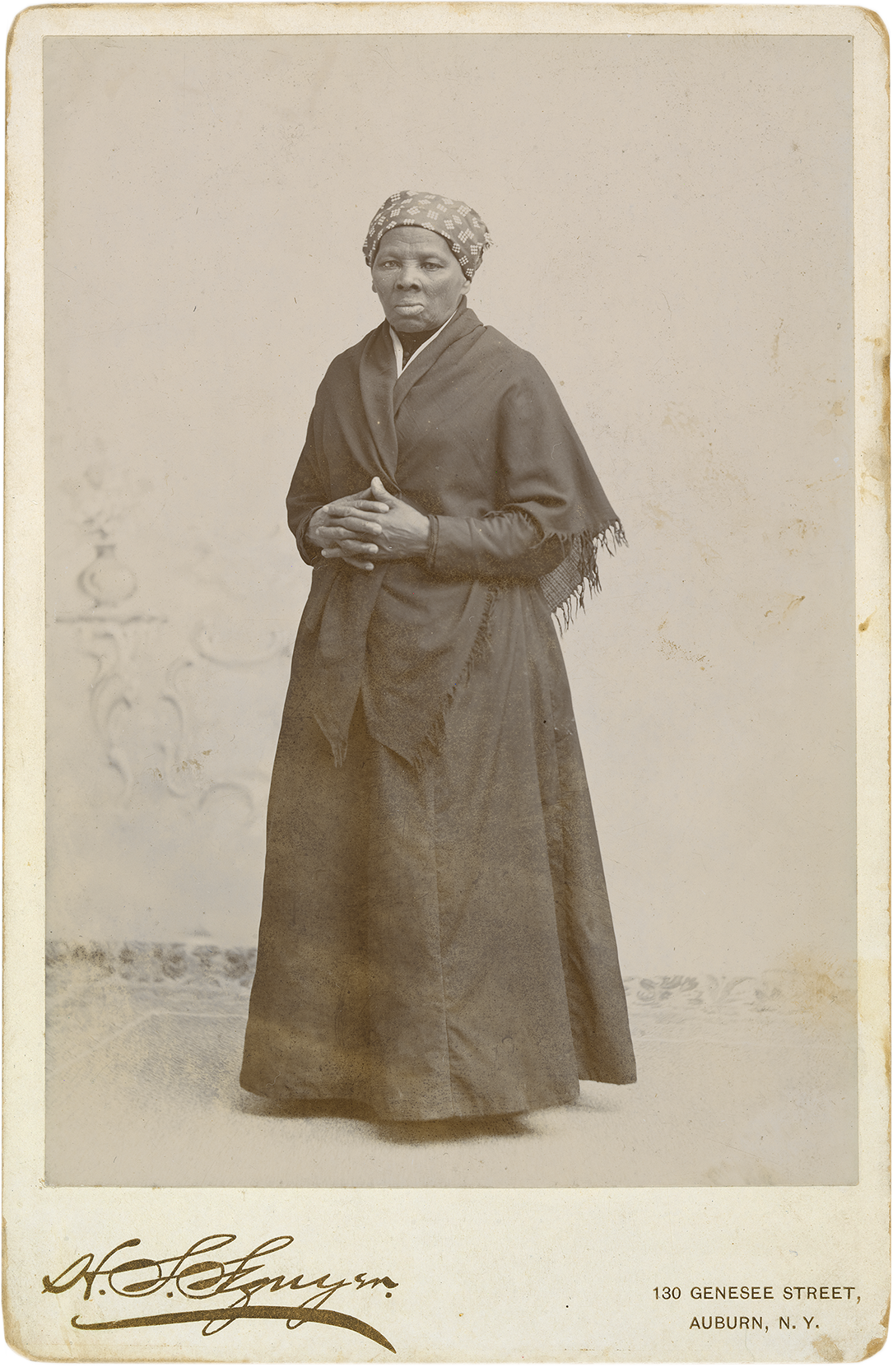
Harriet Tubman
Abolitionist and Political Activist
Harriet Tubman escaped slavery and became a leading abolitionist who helped hundreds of enslaved people reach freedom through the Underground Railroad. During the Civil War, she served as a scout, nurse, and spy for the Union Army, contributing to its success. Her courage and dedication to freedom made her an enduring symbol of resilience and liberation.
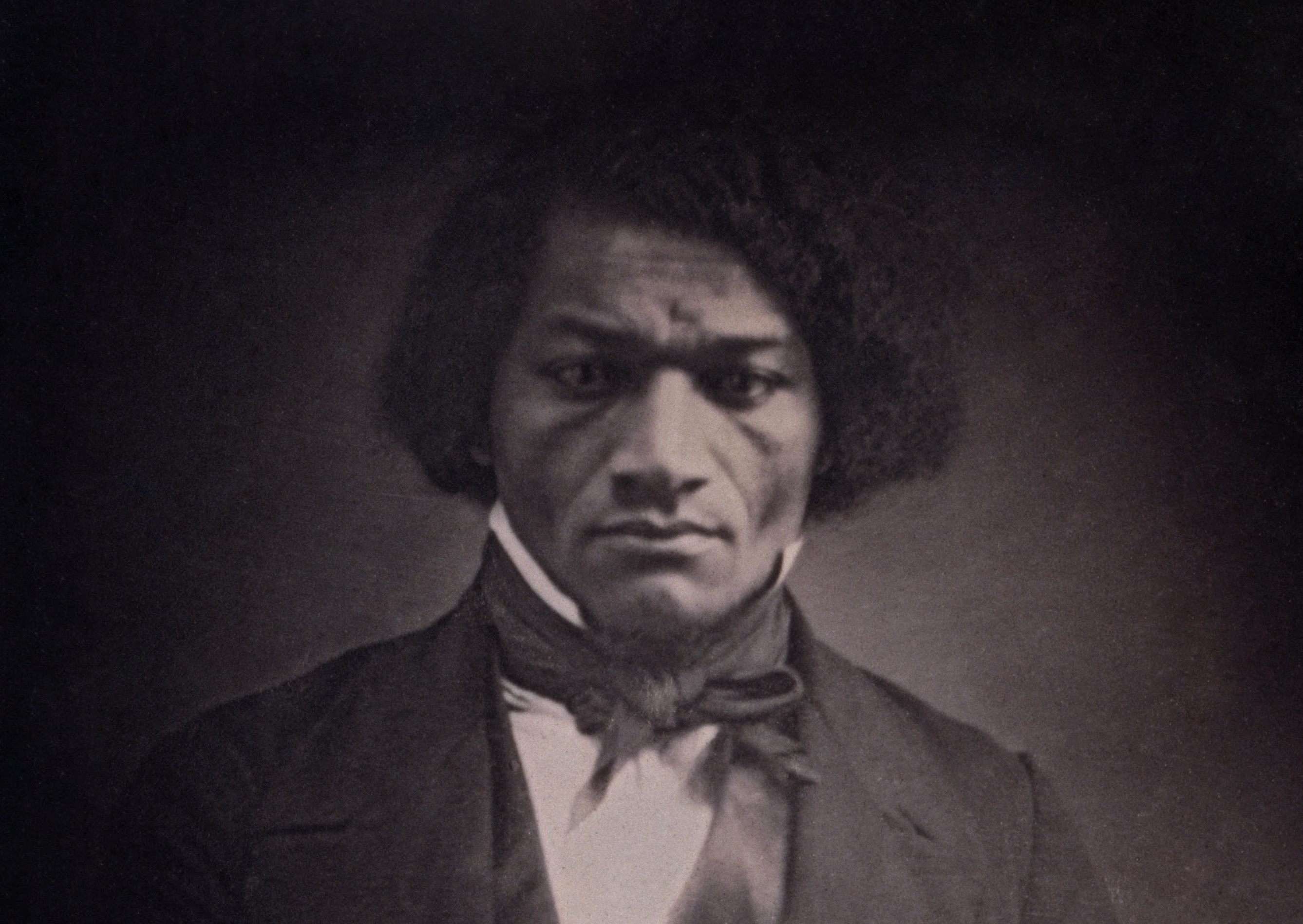
Frederick Douglass
Abolitionist and Orator
Frederick Douglass was a former enslaved person who became a powerful speaker, writer, and leader of the abolitionist movement. His autobiographies, detailing his experiences of slavery, challenged people's views on race and freedom. Douglass also advocated for women's rights and was a trusted advisor to President Abraham Lincoln during the Civil War.
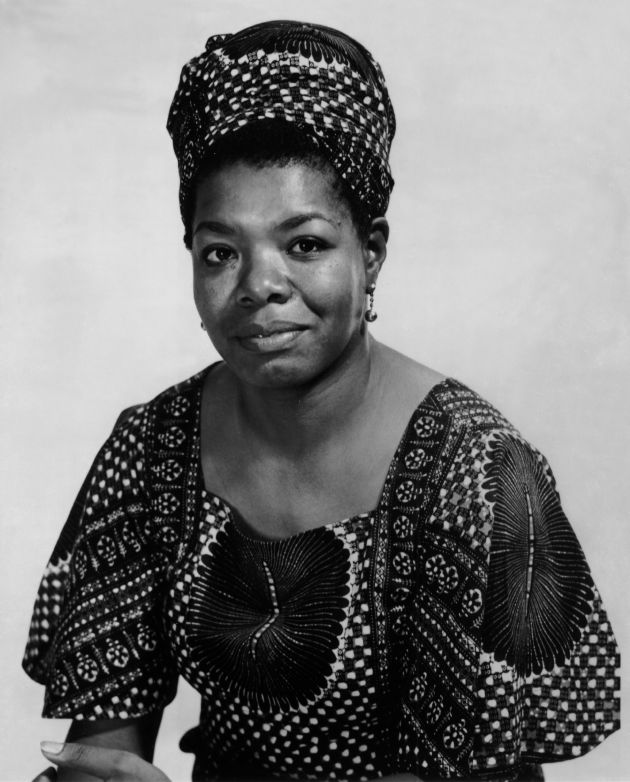
Maya Angelou
Poet and Civil Rights Activist
Maya Angelou was an acclaimed poet, memoirist, and civil rights activist whose work explored identity, racism, and resilience. Her autobiography, "I Know Why the Caged Bird Sings," became a literary classic. She was also active in the civil rights movement, working alongside Malcolm X and Martin Luther King Jr.
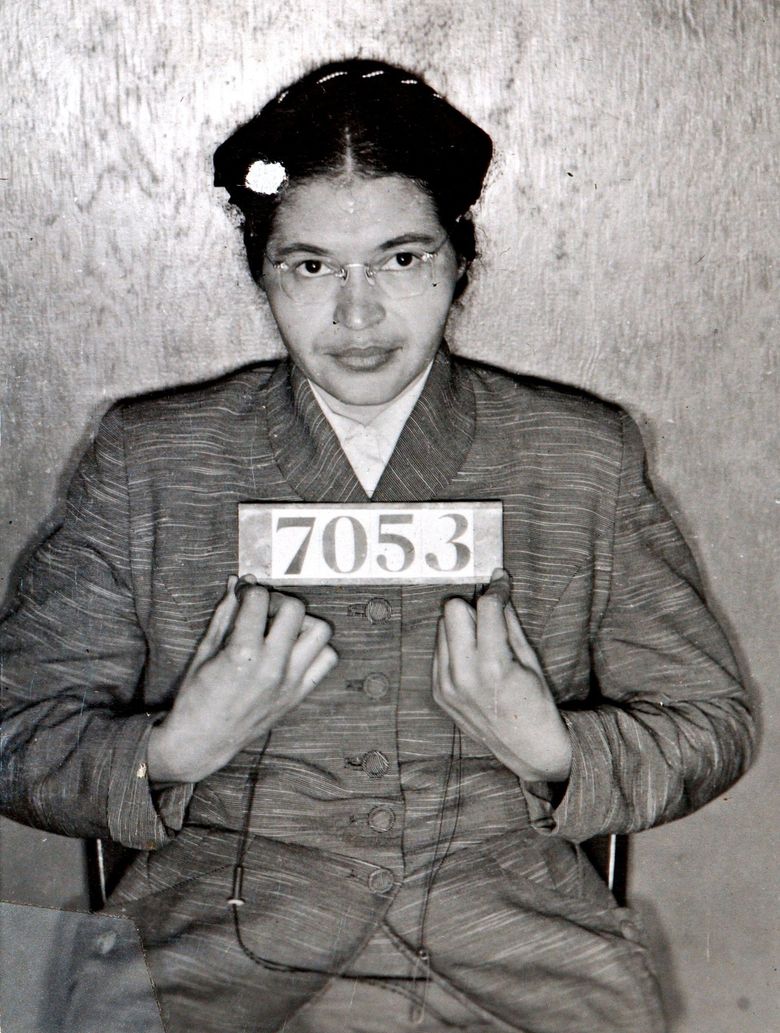
Rosa Parks
Civil Rights Pioneer
Rosa Parks, known as the "Mother of the Civil Rights Movement," refused to give up her bus seat to a white passenger in Montgomery, Alabama, in 1955. Her act of defiance sparked the Montgomery Bus Boycott, a crucial event in the fight against racial segregation and discrimination in the United States.
W.E.B. Du Bois
Sociologist and Civil Rights Activist
W.E.B. Du Bois was a sociologist, historian, and activist who was one of the most influential African American leaders of the early 20th century. He was a co-founder of the NAACP and advocated for political action and higher education for African Americans. Du Bois was also a prolific author, publishing works such as "The Souls of Black Folk," which explored race relations in America. He was a vocal critic of racial inequality and opposed Booker T. Washington's philosophy of accommodation. Du Bois's legacy as a scholar and activist continues to inspire generations of social justice advocates.
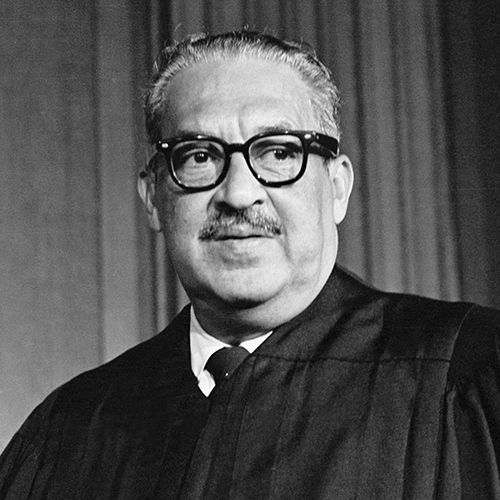
Thurgood Marshall
Supreme Court Justice
Thurgood Marshall was the first African American Supreme Court Justice, serving from 1967 to 1991. Before joining the Court, he was a pioneering civil rights lawyer, best known for his victory in Brown v. Board of Education, which declared racial segregation in public schools unconstitutional. Marshall argued several cases before the Supreme Court, challenging discriminatory practices and advocating for civil rights. His tenure on the Court was marked by his commitment to equality, justice, and protecting individual rights. Marshall's work laid the legal groundwork for the Civil Rights Movement and continues to impact American jurisprudence.

James Baldwin
Writer and Social Critic
James Baldwin was a novelist, essayist, and social critic whose works explored complex themes of race, identity, and social justice. His powerful storytelling and insightful essays addressed the African American experience, racism, and the struggles of marginalized communities. Baldwin's works, including "Go Tell It on the Mountain" and "The Fire Next Time," challenged societal norms and provoked thought on issues of race and sexuality. He was an outspoken advocate for civil rights and used his platform to inspire change. Baldwin's eloquence and vision have made him an enduring voice in American literature and culture.
Phi Eta Psi Fraternity Honoring the Legacy
Phi Eta Psi Fraternity proudly honors the legacy of influential African American leaders and civil rights activists who paved the way for justice, equality, and social change. This Black History Month, we celebrate their courage, perseverance, and unwavering commitment to advancing the rights of African Americans and all marginalized communities. By recognizing the achievements of these historical figures, we aim to inspire future generations to continue the fight for equality and justice for all.
Guided by the same principles of justice, integrity, and community empowerment, Phi Eta Psi Fraternity is dedicated to upholding the legacy of these remarkable leaders. We believe in fostering an inclusive society where every individual is treated with dignity and respect, regardless of their race, ethnicity, or background. Our mission is to cultivate leaders who are committed to making a positive impact on society while championing the values of unity, empowerment, and equality.
As we honor the sacrifices and contributions of these trailblazers, we are reminded of our responsibility to continue their work. Phi Eta Psi Fraternity stands firm in its commitment to advocacy, education, and community service, ensuring that the principles of equality and justice remain at the forefront of our endeavors. This Black History Month, we pay tribute to the past, celebrate the present, and inspire a future where equality and justice prevail.
